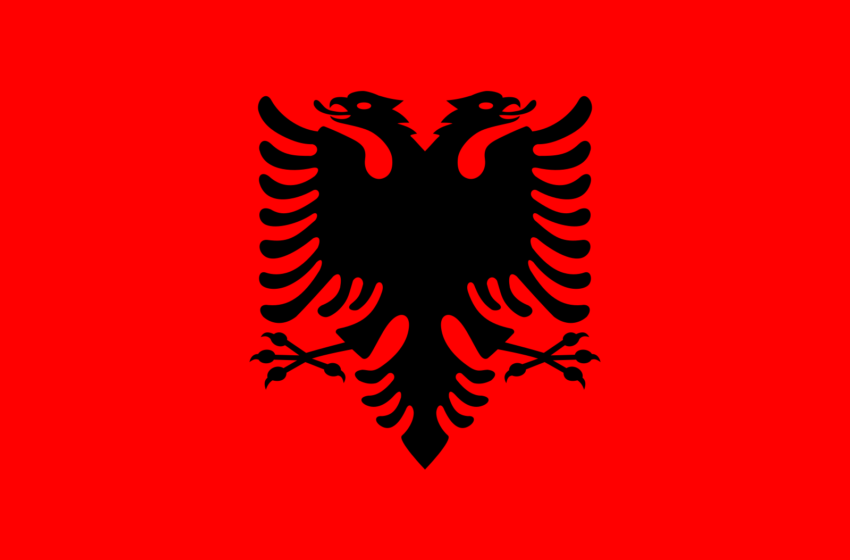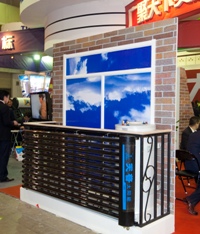Albania: New Energy Law Shows Country’s Strong Commitment to Solar Thermal
June 25, 2013
The new Albanian law on Renewable Energy Sources No. 138/2013 from 2 May 2013, which was published in the Official Gazette No. 83 on 20 May 2013, requires builders to adhere to a minimum share of solar thermal heat for certain building types. Furthermore, the so-called RES Law exempts solar thermal systems and components from custom tariffs and Value Added Tax (VAT) altogether. Starting from the day the law was enacted on 20 May 2013, the government has 6 to 12 months to create the bylaws which should state precisely how the new law will be implemented. The RES Law is the first Albanian law addressing SWH systems in particular (see the attached legal document in Albanian) and representing an important part of Albania’s renewable energy policy. It, however, remains unclear how the budget to refinance the tax exemptions is to be allocated and whether the building regulations will be as effective as expected.
The RES Law shows how strong government support is for SWH systems. It also further aligns Albanian legislation with EU legal standards, being completely in line with EU Directive 2009/28/CE. The fifth chapter of the RES Law sums up the regulations which the Council of Ministers should prepare and approve:
- Require public, residential and commercial builders to fulfil a minimum share of warm water produced by SWH systems. The requirements should be based on the solar radiation of specific areas and European Union standards on this matter. It is up to the Council of Ministers to decide to which building categories the solar obligation should apply – for example, to new buildings, as well as existing buildings in need of a retrofit.
- Establish minimal technical standards for SWH systems imported to or produced in Albania, qualification certificates for SWH installers and accreditation procedures for testing SWH devices. These regulations should be specified in cooperation with the National Agency of Natural Resources, AKBN.
- In cooperation with the Ministry of Economy, approve the procedures to rebate custom duties and exception from VAT materials used to produce or install SWHs.
Within 6 to 12 months, the government and its related agencies are supposed to issue the bylaws stating the details and terms for the above-mentioned rules. In addition, the RES Law makes it mandatory for all producers and installers to report the quantity and technical data of the SWH systems – imported, produced or installed – to the AKBN. Non-compliance with this reporting rule will result in a fine of Albanian Lek (ALL) 200,000 (approx. EUR 1,400). The AKBN is obliged to provide all interested market participants with information on supporting schemes for SWHs and offer trainings and information on SWH benefits to the public. With its innovative rules, the RES Law surely aims to boost the Albanian SWH market.
This text was written by Endrit Mema, an Albanian Doctoral Candidate in Business Law, who lives in Vienna, Austria.
More information:
National Agency of Natural Resources: http://www.akbn.gov.al/
Albanian Energy Regulator, ERE: http://www.ere.gov.al/

